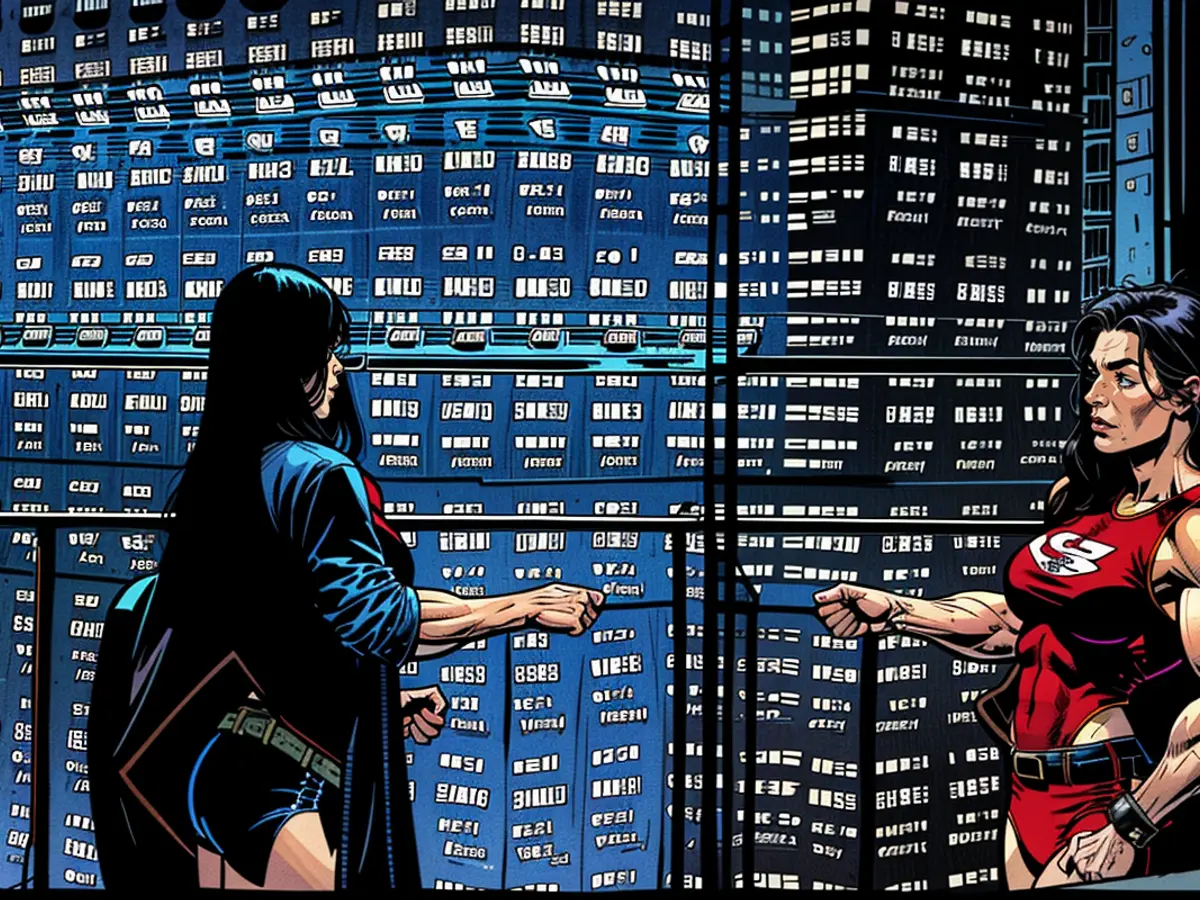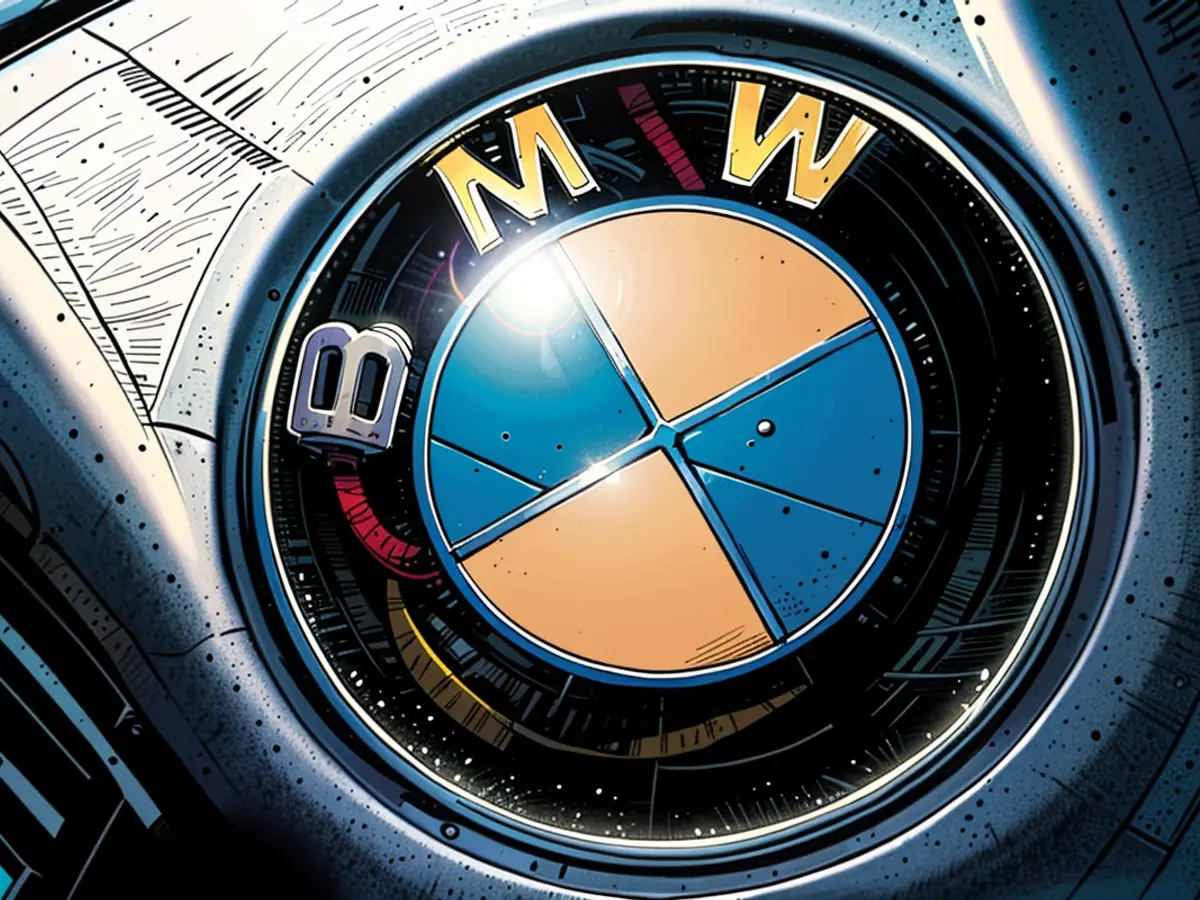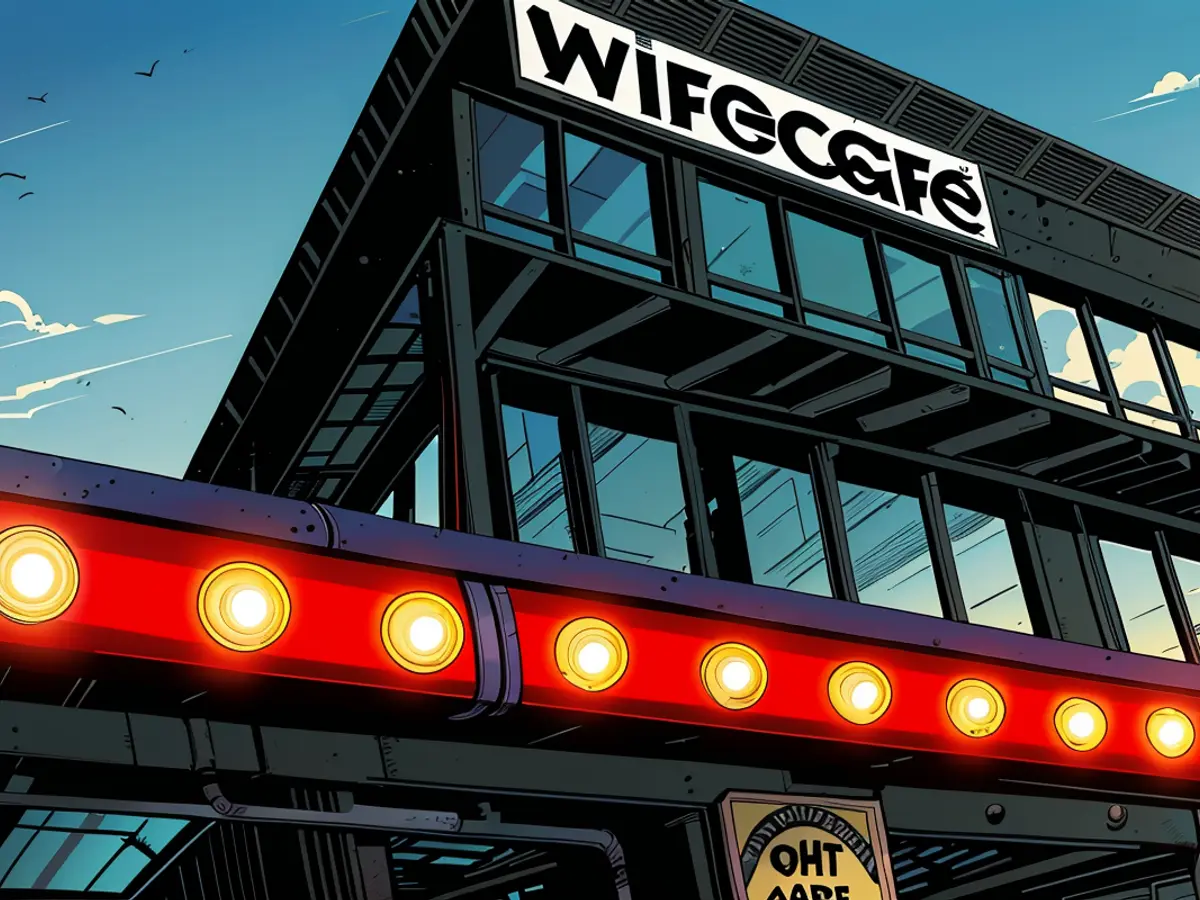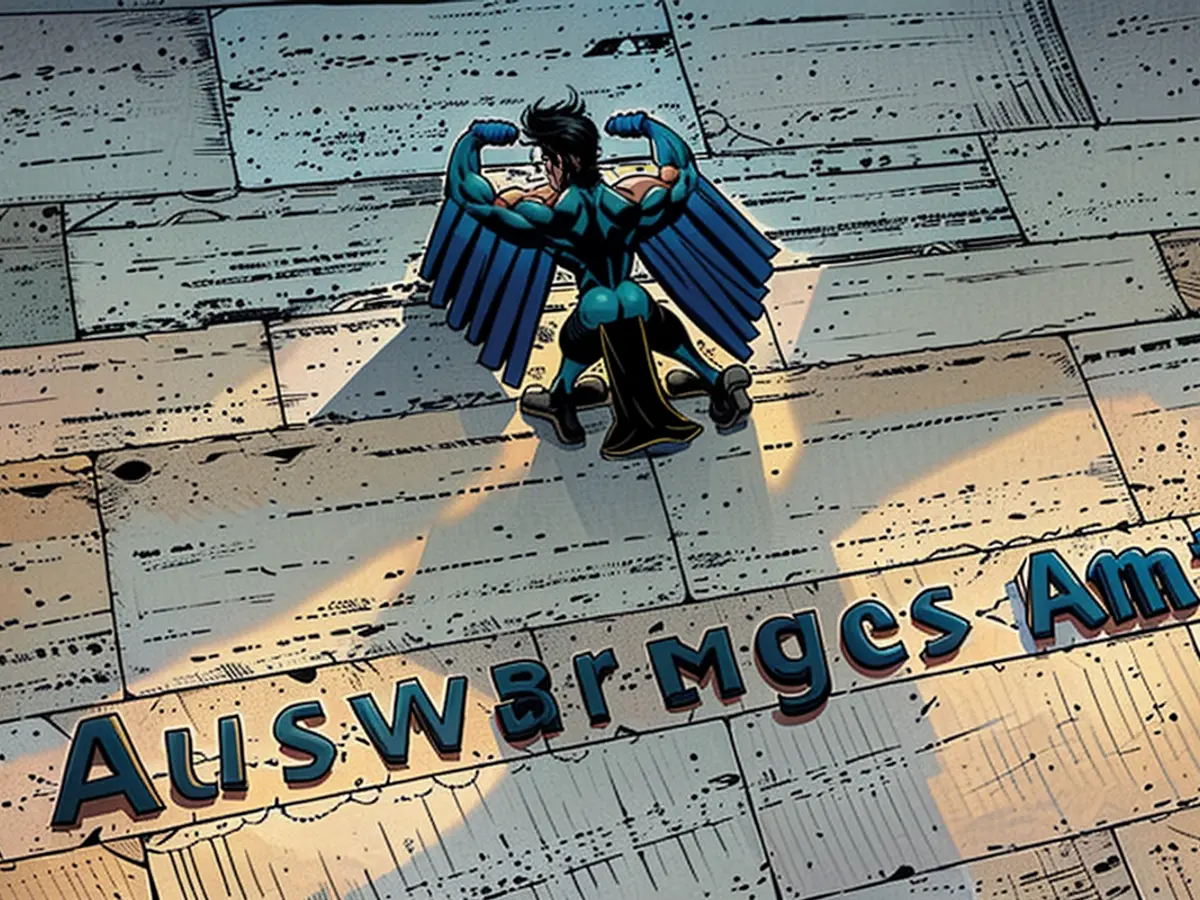How Gamblers Made the Stock Market Crash Much Worse
First, the Japanese stock market crashes dramatically, then just one day later, prices skyrocket. This shows the significant impact that popular speculations have on global financial markets.
The sudden fear of a recession in the USA and the bursting of a speculation bubble in technology stocks - these are the most frequently cited causes of the global stock market tremors at the beginning of the week. However, a significant reason is rarely mentioned: so-called Carry Trades.
What sounds like a hidden delicacy for stock market connoisseurs somewhere in the depths of the financial markets is actually a widely spread bet by investors. The mechanism behind it: they borrow money cheaply in a country with a weak currency and low interest rates and invest it in a country with a stronger currency and higher interest rates - for example, in stocks or government bonds.
One of the most popular countries where investors borrow money for such transactions is Japan. Given decades of ultra-loose monetary policy by the central bank, interest rates there are extremely low and the yen is weak. Only last April, the central bank abandoned negative interest rates.
The preferred investment target is the USA, where interest rates are in a range of 5.0 to 5.25 percent, and whose tech stocks have significantly increased at the stock exchange due to the hype around artificial intelligence in recent months. For comparison: In Japan, the interest rate is 0.25 percent, and the Nikkei stock market index took until last February to finally reach its previous record high, which was achieved at the end of 1989.
Yen rises sharply
Not only hedge funds, but also countless Japanese retail investors are betting on Carry Trades. This is also due to the fact that strong fluctuations in the yen are rare. However, the bets only pay off if the Japanese currency does not suddenly appreciate sharply.
This is exactly what happened in the past two weeks. From mid-July to early August, the yen rose by more than seven percent against the dollar - such a jump in currency markets is unusual.
Many Carry-Traders now had a problem. They hurried to end their bets on the weak yen to avoid high losses. This was exacerbated by the leveraged deals. Investors who had borrowed money in Japan for Carry Trades were confronted with margin calls by financial institutions. The reason: investments in foreign currency used as collateral for yen loans had lost significant value. This development was exacerbated by the fact that, for example, US stock prices had already fallen.
Since many investors suddenly had to raise cash to meet the banks' demands, they were forced to sell and parted with investments that could be quickly converted into cash - for example, stocks, gold, or cryptocurrencies.
Nikkei rides a rollercoaster
The exact volume of the Carry Trades overall cannot be determined. According to the Bank for International Settlements, Japanese banks had lent around one trillion dollars to foreigners in the spring. The French Société Générale spoke of the dissolution of the largest Carry Trade the world has ever seen.
The impact was evident on the Japanese stock market. The Nikkei plummeted by around 12 percent, suffering its most significant daily loss in 35 years. On Tuesday, it surged by 10 percent – its largest daily gain since autumn 2008. Many investors appeared to have taken advantage of the crash to stock up on Japanese shares at bargain prices.
The sudden surge in the yen's value against the dollar, causing significant losses for Carry Traders, severely impacted the Japanese stock market. The Nikkei suffered its largest daily loss in 35 years, just as many investors were buying Japanese shares at discounted prices due to the market crash. The economy, struggling with this financial turmoil, faced an uncertain future.
The turmoil in the financial markets caused by the yen's appreciation led to margin calls for Carry Traders, forcing them to sell their investments quickly to raise cash. This selling pressure further affected the Nikkei, leading to another dramatic price swing, showing the fragile state of the economy during this period.








